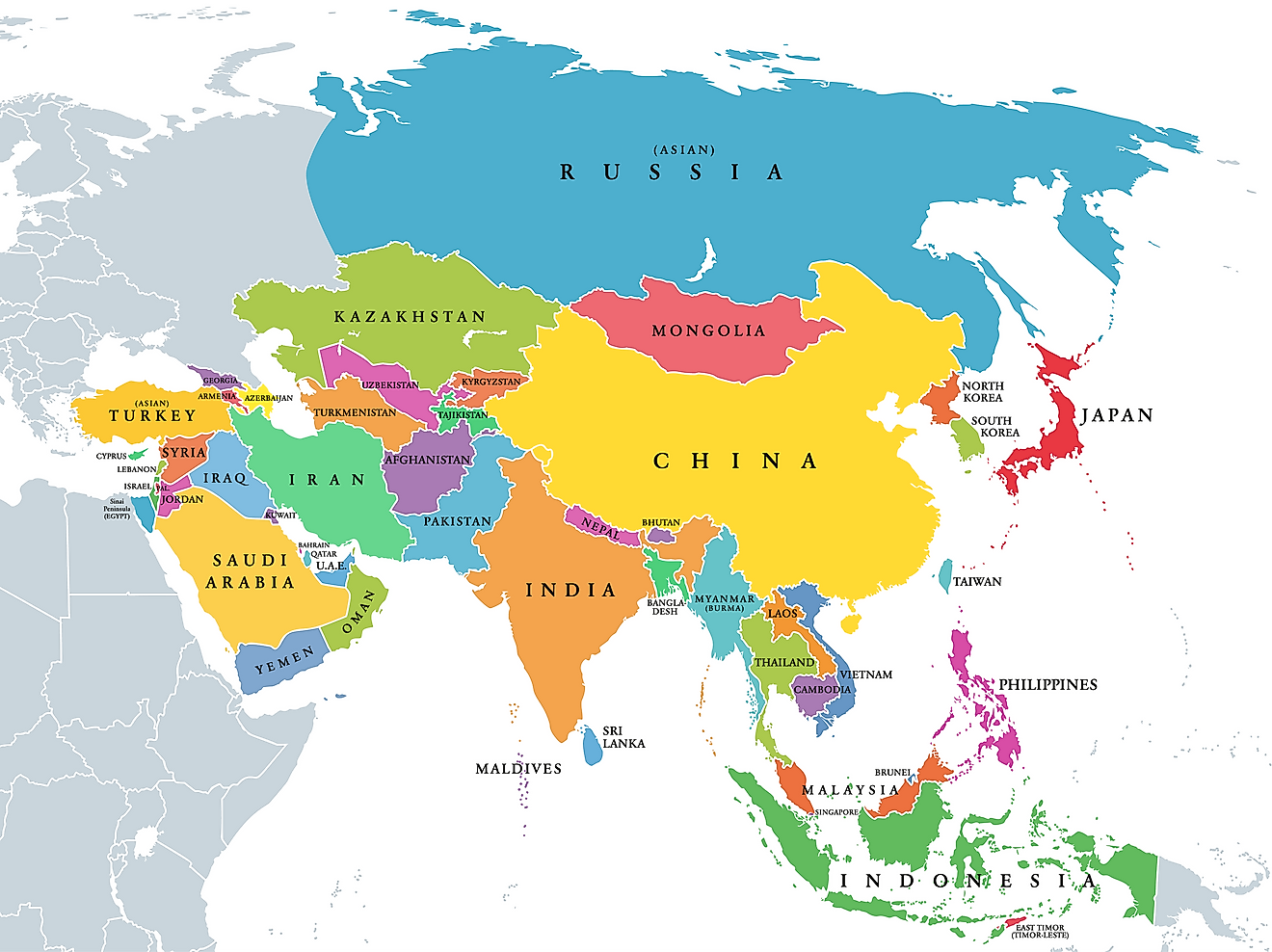Which Countries Were Involved In The Korean War?

The Korean War was the most influential event that happened on the Korean peninsula during the 20th century as it shaped the destiny of the Korean people. The Korean War was primarily caused by several factors with the main one being the Cold War. Due to the ideological differences between the leaders of the peninsula, it had been split into North Korea and South Korea with a temporary border separating the two nations. The leaders in both countries of Korea claimed that they were the legitimate leaders of the entire region and did not recognize the border as official. Before the war officially began, there had been some conflict between the armies of the two Koreas along their shared border. The conflict between the two Koreas escalated, and in 1950, the North Korean leaders sent their troops over the border. Apart from the nations on the Korean peninsula, other nations were also involved in the war in various capacities such as the US, Thailand, and Russia that aided the fighting the nations directly and Denmark, Bulgaria, and Sweden that provided medical support. The international military response to the Korean War was comprised of 21 nations.
North Korea
In 1950, the leaders of North Korea, with the backing of the Soviet Union and China, sent their forces across the border to invade South Korea. The North Korean government claimed that the South Korean army had attacked first. The North Korean military also claimed that it launched the offensive in search of a defector, Syngman Rhee. The initial North Korean invasion force was exceptionally well prepared as it had both artillery and tanks. Due to the extensive preparation that the North Korean army had put in place, they were able to take control of Seoul easily.
South Korea
At the time of the invasion, the South Korean army was unprepared for a large-scale military offensive from South Korea. The South Korean army lacked weapons to counter the tanks and artillery that the North Koreans were using. Another challenge that the South Korean army initially faced was that their army was not correctly positioned to battle the oncoming North Koreans. The military leadership of South Korea at the time was also insufficiently prepared, and it resulted in disastrous decisions such as the destruction of the Hangang Bridge which resulted in some South Korean Military divisions being at the mercy of the North Korean army.
International Intervention
The Korean War further split the world along ideological lines with some nations such as China and the Soviet Union supporting the North's communist regime while other countries such as the US and Australia supported the South's capitalist government. The ideological differences were most visible at the UN where the Chinese representative openly stated that the nation was willing to intervene in the conflict if the US got involved. The UN sent forces to the Korean War to aid the South Koreans. However, the UN forces were forced to retreat after the Chinese troops crossed the border and began playing a more active role in the war.
The Impact Of The War
The Korean War had a significant impact both regionally and internationally. Regionally, it resulted in the establishment of a demilitarized zone as well as North Korea losing roughly 1500 square miles of land to South Korea. Globally, the Korean War resulted in the General Assembly being considered more important to the UN than the Security Council.











